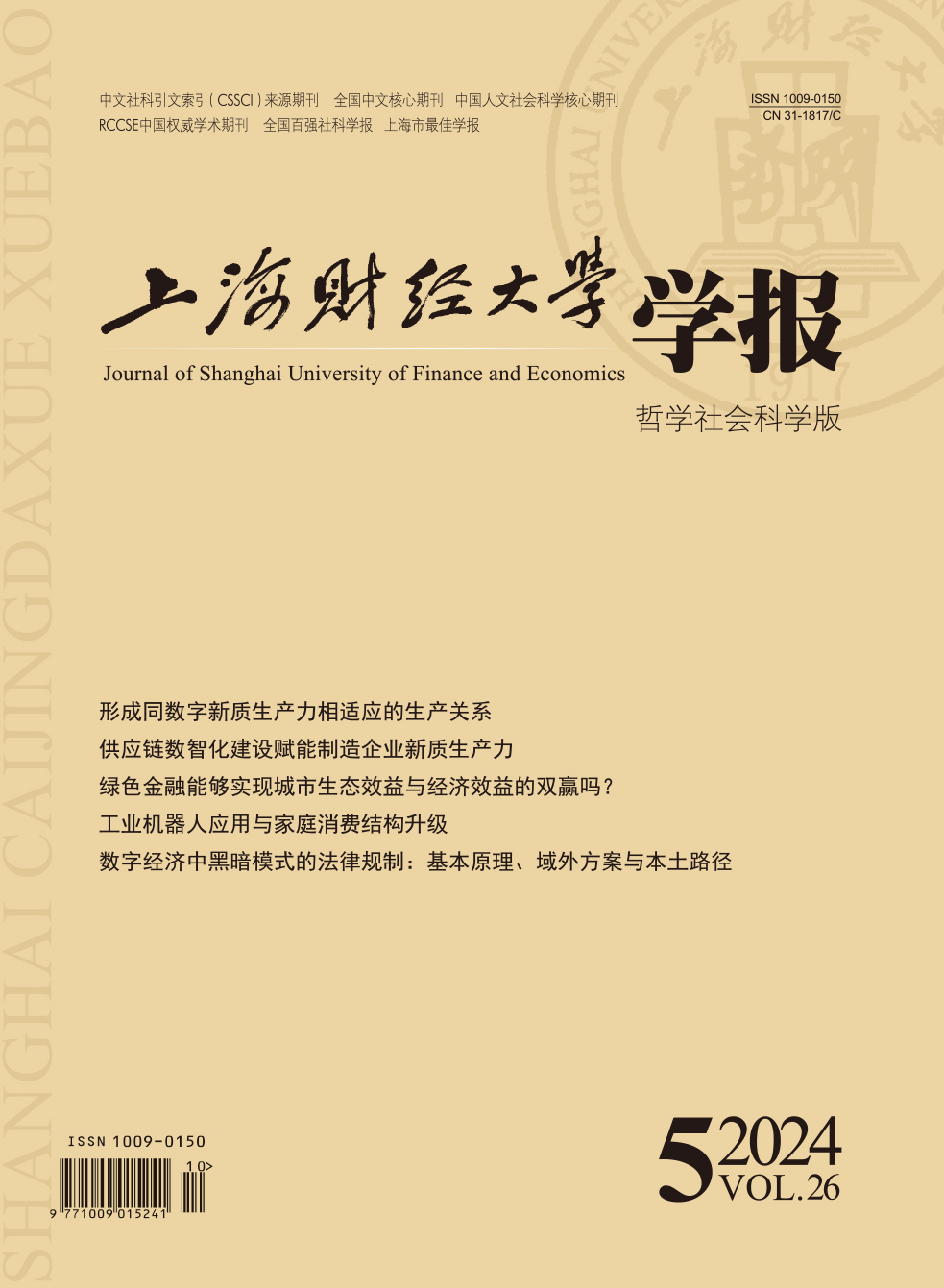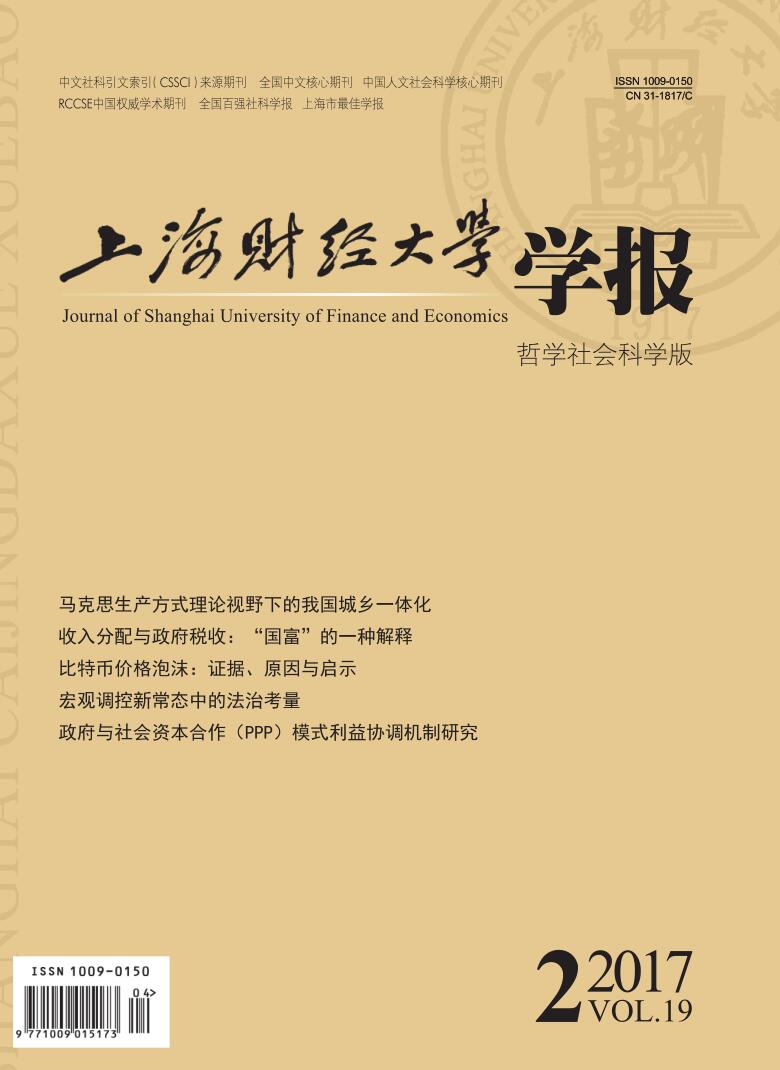From the perspective of Marx’s theory of production mode, the solution of the urban and rural integration in China to the " san nong” or " urbanization” dilemma is far from enough. On the one hand, the reality of rapid social differentiation requires the urban and rural integration; on the other hand, China has made historic achievements of the urban and rural integration. As a result, the value goals of China’s urban and rural integration lie in the unified implementation of all systems, rules & regulations, and civil rights embedded at the institutional level, the incorporation of traditional country into the category of modern city, the achievement of labor productivity or industry pattern in Chinese tradition agriculture at modernization & marketization levels and until the urban and rural integration level, the elimination of the social role of traditional " peasants”, thereby the eradication of the soil of the phenomena of rapid social differentiation and individual impoverishment in China and the overall fulfillment of socialist natural promise.
 / Journals / Journal of Shanghai University of Finance and Economics
/ Journals / Journal of Shanghai University of Finance and EconomicsJournal of Shanghai University of Finance and Economics
LiuYuanchun, Editor-in-Chief
ZhengChunrong, Vice Executive Editor-in-Chief
GuoChanglin YanJinqiang WangWenbin WuWenfang, Vice Editor-in-Chief
The Urban and Rural Integration in China under Marx’s Theory of the Mode of Production
Journal of Shanghai University of Finance and Economics Vol. 19, Issue 02, pp. 4 - 13 (2017) DOI:10.16538/j.cnki.jsufe.2017.02.001
Abstract
References
Abstract
Cite this article
Zhang Dingxin, Xiong Jie. The Urban and Rural Integration in China under Marx’s Theory of the Mode of Production[J]. Journal of Shanghai University of Finance and Economics, 2017, 19(2): 4–13.
Export Citations as:
For
Previous: Introduction to this issue




 6613
6613  5526
5526

